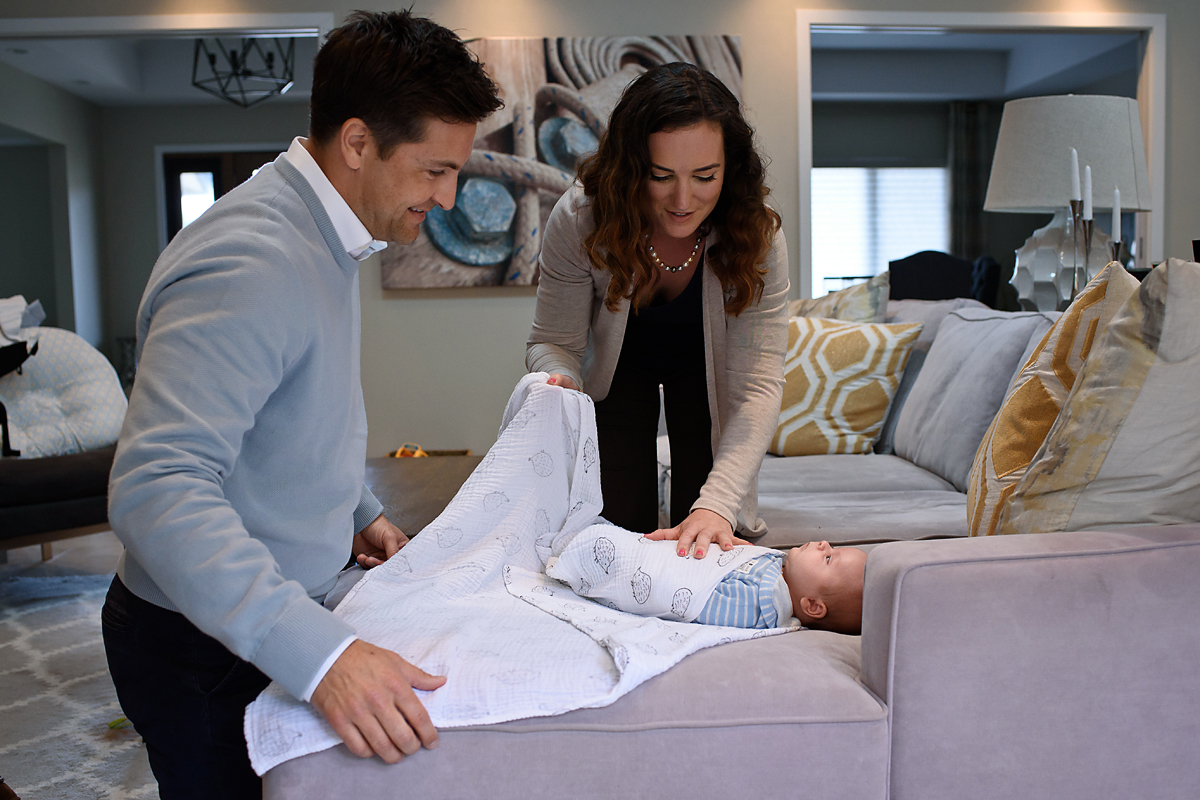Many expectant parents understandably are reluctant to commit to an exact schedule for postpartum doula support when the reality of birth and the newborn stage still seems so far off and comes with so many unknowns.
As an agency owner, I have an insider’s view of the doula community, how they plan and allocate their services, and how families can best ensure they have the right kind of support for their particular needs. This knowledge can help families to avoid scrambling at the last minute or settling for a service provider that doesn’t feel “just right” for their family.
The truth is, I see over and over again that the very best postpartum doulas and newborn care specialists get scooped up many months in advance. This is largely because families that have great experiences with these doulas sing their praises and refer them to friends. Sometimes, a friend who is only two or three months pregnant (or less!) will book a doula recommended to them because they’ve heard such glowing reviews.
The scheduling can be hard to wrap your head around, so here’s an example: At the time of this writing it’s early November, and there are families due in July of next year, for example. If those families know they want three full months of doula support, and they hire a doula who came highly recommended, that doula will be booked for July, August and September of next year – almost a year in advance.
This example might sound like an outlier, but the truth is even if they don’t book a year in advance, many doulas are booked four to seven months in advance – and many families don’t start their search process until they are seven to eight months pregnant, which creates some real stress for them when they’re not finding a good match so close to baby’s arrival. While they might be more comfortable waiting until the third trimester when everything feels more real, the supply of available doulas could be very limited by that point. Starting the research, contacting recommended doulas, or reaching out to a doula agency between 2-3 months into your pregnancy will greatly impact the choices available to you.
By planning early, you’re more likely to find a doula who:
- Lives nearby or travels to your location
- Is available for your due date and the weeks or months following
- Offers the number of shifts per week you’re hoping for
- Offers the type of shifts you’re hoping for (nights if you’re hoping for nights, days if you’re hoping for days, since not all doulas offer both)
- Isn’t allergic to your pets, if you have any
- And most importantly, has the personality you click with right away and qualifications you’re looking for
Planning last minute doesn’t necessarily mean you won’t find support, but often the doulas available at that point are either newer to the field, or are already partially booked and may not have the exact availability you’re hoping for. (Now, some newer doulas are still fantastic of course! But in general, the range of options available – whether experience level or travel range, etc – will just be more limited). Because uncertainty about exactly what type of schedule you might need could be one thing holding you up, in another upcoming blog post we’ll help walk you through what to consider when landing on a desired schedule with your postpartum doula or newborn care specialist. (Or, if you’re in San Diego or Orange County and searching for a postpartum doula, you can fill out our contact form to schedule a call with us and discuss this one on one!)
In case this is leaving you with a feeling of overwhelm about putting your plans in place… we’ll end on a positive note: When families find the perfect doula, and lock in the support… they feel such a sense of relief and a sense of security. While much about the newborn days is unpredictable… knowing that you have support lined up does wonders for the jitters and anxiety over what’s to come!























